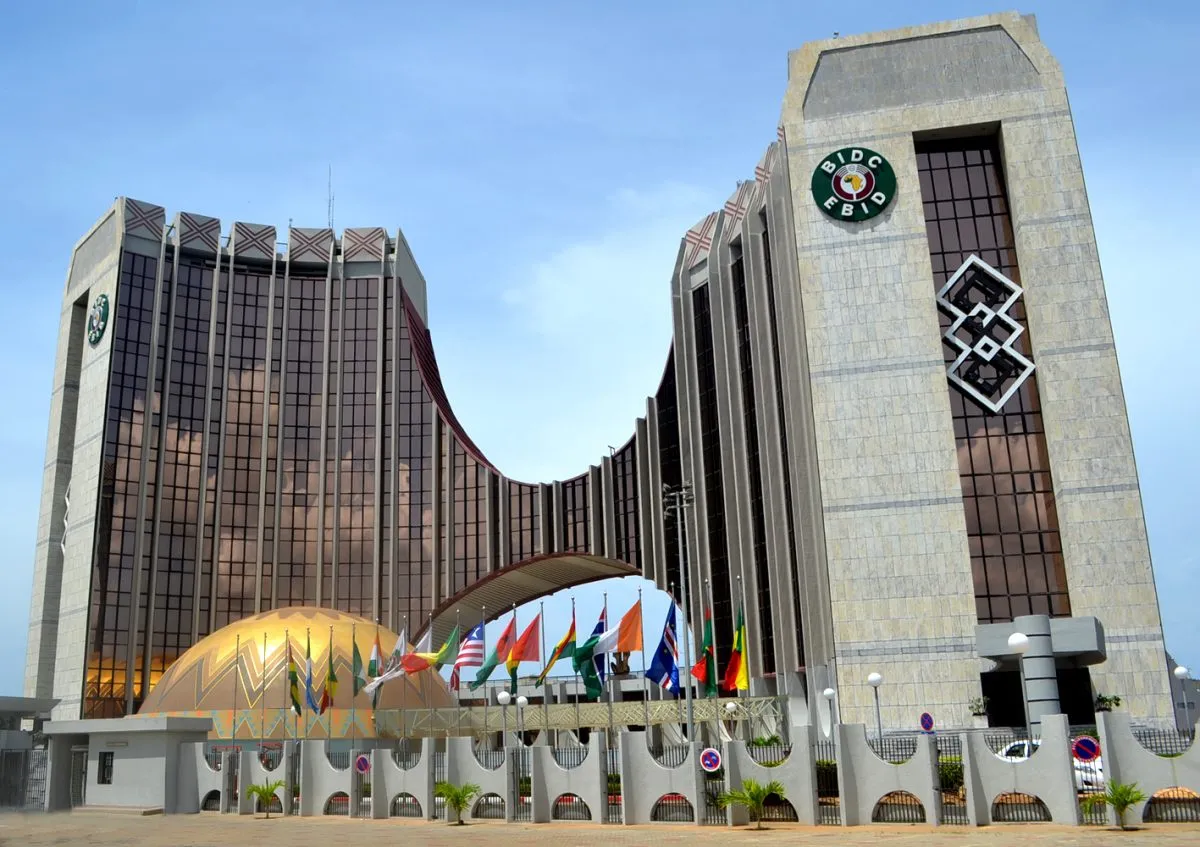This article was produced with the support of ECOWAS Bank for Investment and Development
The ECOWAS Bank for Investment and Development (EBID) has reaffirmed its commitment to regional development with the approval of a substantial funding package totalling £230 million and CFA Francs 10 million. This significant allocation, ratified at the Bank’s 91st Ordinary Board Meeting held virtually on 3 April 2025, is designed to stimulate infrastructure growth and bolster private sector activities across West Africa.
Chaired by Dr George Agyekum Donkor, President and Chairman of the Board of Directors of EBID, the meeting marked a key milestone in the Bank’s strategic drive to deepen economic integration and support sustainable development initiatives within the ECOWAS sub-region. The newly approved facilities are earmarked for projects that align with EBID’s development priorities and the broader United Nations Sustainable Development Goals (SDGs), particularly SDG 9 on industry, innovation and infrastructure, and SDG 13 on climate action.
Among the most notable of the approvals is a $50 million line of credit extended to Sterling Bank Limited in Nigeria. This facility is aimed at supporting small and medium-sized enterprises (SMEs) across several key sectors, including health, education, agriculture, renewable energy and transport. The initiative is expected to have a wide-ranging impact, increasing access to finance for SMEs and catalysing inclusive economic growth across Nigeria’s diverse economic landscape.
In the Republic of Benin, EBID has approved a CFA Francs 10 million facility for Bénin Cashew SA, a local agro-industrial company. The funding will be used to co-finance the construction of five cashew nut processing units and a balsam production unit in the Glo-Djigbé Industrial Zone (GDIZ). This project forms part of Benin’s Strategic Plan for the Development of the Agricultural Sector and is expected to process up to 50 percent of the country’s annual cashew production. In addition to enhancing value addition in the cashew sector, the initiative is set to create 1,666 direct jobs, thereby contributing to employment generation and rural development.
A landmark infrastructure project also received a major boost with the approval of a $180 million line of credit to Mota-Engil Nigeria for the co-financing of the Kano-Maradi standard gauge railway. This transnational railway is poised to link northern Nigeria with the Republic of Niger, significantly strengthening regional trade corridors and facilitating the movement of goods and people. The construction phase of the project is expected to generate over 100,000 jobs, while the operational phase will provide 20,000 permanent employment opportunities, underscoring the project’s role as a cornerstone of regional integration and economic transformation.
With these latest approvals, EBID’s total financial commitments in the ECOWAS sub-region have reached $4.5 billion. This growing portfolio highlights the Bank’s role as a leading financier of development in West Africa and a key partner in advancing regional economic resilience.
Dr Donkor emphasised the strategic importance of the projects during the meeting, noting that each initiative not only addresses immediate development needs but also lays the groundwork for long-term economic sustainability. By focusing on both infrastructure and private sector growth, EBID is positioning itself at the nexus of public and private development efforts.
The Bank’s continued alignment with international development goals and national strategic plans reflects its commitment to fostering economic inclusion, regional connectivity and sustainable growth. Through its targeted investments, EBID is not only financing projects but also helping to shape a more integrated and prosperous West Africa.

 Sign in with Google
Sign in with Google 



